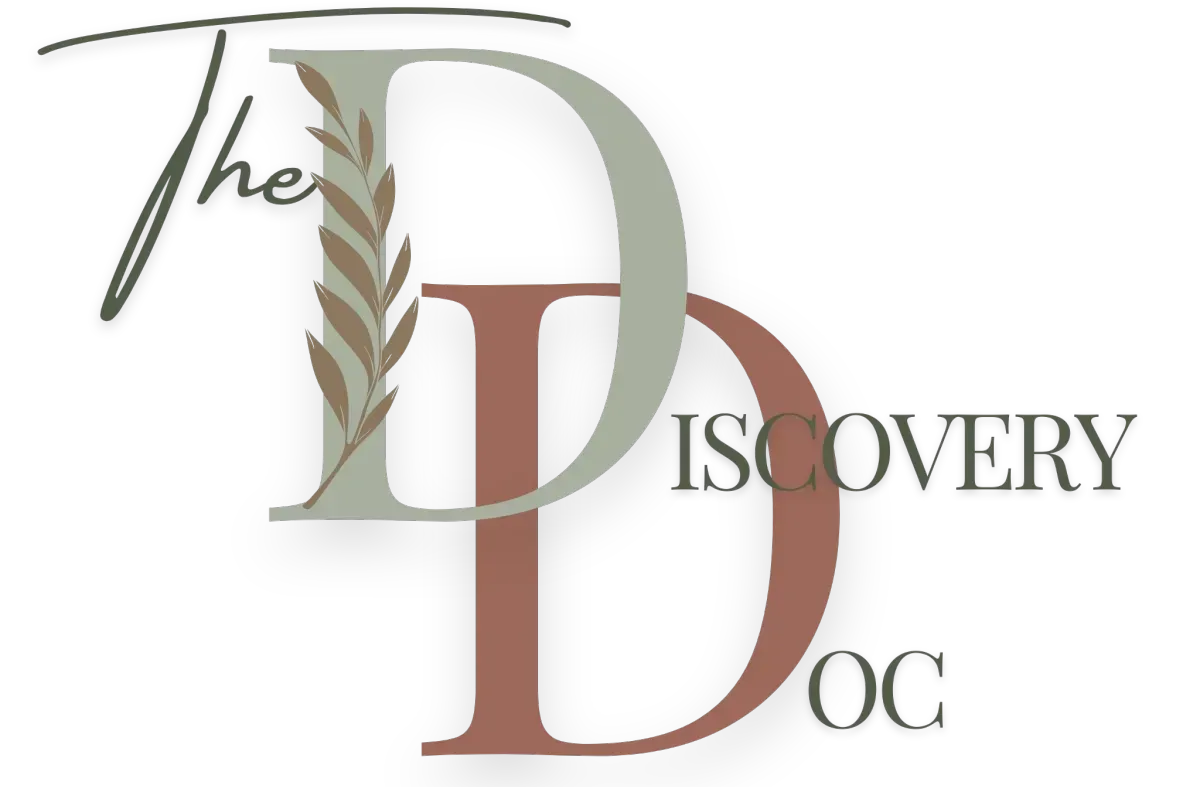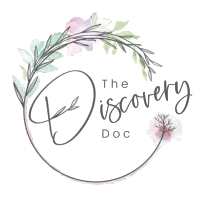Blog

Healing Beyond Prescriptions Dr. Reinold
Integrative Psychiatry and Personal Journeys:
Integrative approaches to psychiatry have garnered attention as they combine traditional medical treatments with holistic well-being practices. Dr. Stephanie Reinold, not only an expert in the field but also a mother of four, shared her deeply personal encounter with postpartum depression that steered her towards this particular medical specialization. By blending comprehensive lab work and holistic supplementation strategies, she underlines the necessity of both a game plan for short-term relief and long-term goals for sustainable health.
The Role of Habit Change and Lifestyle Adjustments:
The podcast conversation delved into the critical importance of habit change in promoting healing. Establishing simple, achievable goals as starting points for incremental change can be more sustaining in the long run compared to drastic lifestyle revamps. Whether it's home life adjustments, work environment tweaks, or fostering deeper connections, every small change counts towards a substantial impact on mental health and stress alleviation.
Medication and Supplements:
A thoughtful discussion emerged around the reliance on both medications and supplements. The speakers, including Dr. Stephanie, clearly articulated the importance of informed decision-making. While medication can offer quick relief, the goal is to strategically taper their use in favor of functional lifestyle changes for long-standing healing, always providing patients the knowledge that options exist beyond pharmacotherapy.
Healer Burnout: A Silent Struggle:
Burnout is typically associated with high-stress professions, yet what often goes unnoticed is the burnout experienced by the healers themselves—doctors, nurses, therapists—who absorb the emotional weight of their patients. The onset of the COVID-19 pandemic further exacerbated this issue. Dr. Stephanie, along with the podcast hosts, shared their personal experiences, highlighting that even those in the care-providing sector need their reserves replenished.
Finding Contentment Amidst Chaos:
The conversation took a philosophical turn when Dr. Stephanie underscored the significance of finding purpose and fulfillment not necessarily in grand career achievements or side hustles, but in the simplicity of daily moments. In a social media-driven age of comparison, maintaining presence and contentment with what one has could be the antidote to pervasive dissatisfaction and burnout.
Faith and Support Systems:
Dr. Stephanie, practicing with a Christian worldview, believes in the healing power of faith and encourages seeking support from like-minded communities. A vital component of combatting burnout, as highlighted in the podcast, is the collective strength found in shared faith and trust, which can guide individuals through trying times.
Closing the Discussion and Looking Ahead:
As the episode neared its end, the hosts assured listeners that the conversation with Dr. Stephanie would continue in a subsequent installment. They emphasized the potential for personal struggles and experiences to resonate and assist others inadvertently. The episode also promised the provision of resources for those interested in exploring Dr. Stephanie's work further, with links to her online presence and professional services.
Dr. Stephanie's Comprehensive Plan for Nurturing Mental Health and Avoiding Burnout:
Seek Balance in Medication and Supplementation: Be discerning with the use of medications and supplements, always preferring the path of the least intervention necessary. If medications are needed, employ them judiciously while also exploring how supplements can support overall health, ensuring to fully understand their functions and effects.
Establish Boundaries and Personalize the Work Environment: Recognize the limits required to maintain harmony between professional responsibilities and personal life. Assert limits to protect mental health and redesign workspaces to resonate with personal needs, ensuring there is always a metaphorical light at the end of the tunnel.
Implementing These Strategies Effectively:
Begin with an honest self-assessment to identify primary health needs and goals. Collaborate with healthcare providers who align with a holistic and patient-centered philosophy.
Gradually introduce new habits and practices, focusing on consistency over intensity. Celebrate small victories to foster motivation.
Communicate boundaries clearly with colleagues and loved ones to garner their support in protecting your mental health and personal time.
If medications or supplements are part of your health plan, ensure regular check-ins with your healthcare provider to assess efficacy and adjust as needed.
Choose community engagements that reinforce your overall goals for well-being, whether in spiritual gatherings, support groups, or social circles.
Regularly revisit and refine your approach, acknowledging that as life evolves, so too might your mental health needs and strategies.
Remember, nurturing mental health is a dynamic, ongoing process that benefits from patience, persistence, and self-compassion.
Dr. Stefani Reinold emphasizes the intertwined nature of our mental, physical, and spiritual health. Her insights remind listeners of the importance of looking beyond the surface and treating the whole person. You can further explore Dr. Reinold's approach through her website stephanierinoldmd.com, Instagram @StephanieReynoldmd, and her practice, Wholehearted Psychiatry in Texas, for those seeking consultations and second opinions. Stay tuned for the follow-up discussion in an upcoming episode and remember to check the show notes for easy access to the resources mentioned.
Dr. Reinold's holistic approach shines a beacon of hope for those dealing with mental health issues and burnout, emphasizing that, despite the brokenness of the world, healing and redemption are always within reach. Let’s embark on this journey of discovery together, and as Dr. Reinold would agree, let's do it wholeheartedly.
Resource Links for Further Exploration:
Dr. Stefani Reinold's personal website:
Follow Dr. Reinold on Instagram:
Wholehearted Psychiatry - consultations and second opinions:
Books, courses, and podcast information:





